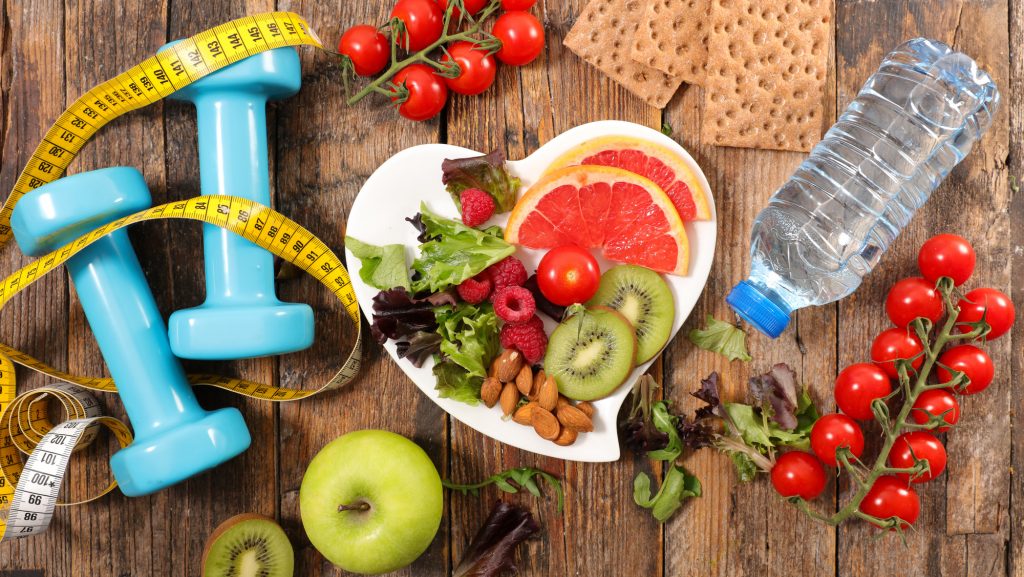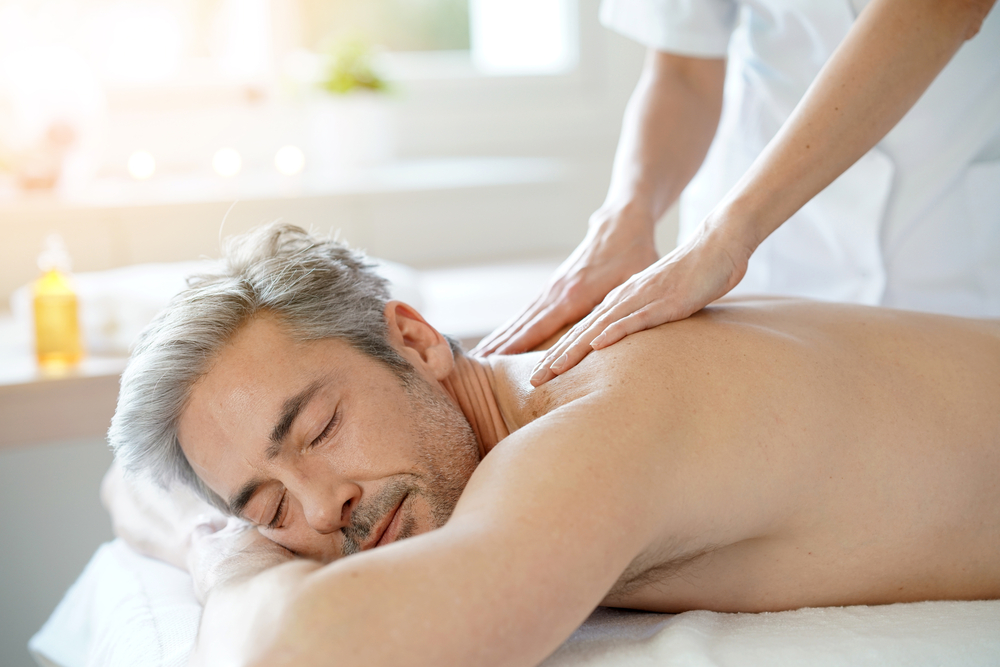Recovering from a codeine addiction is a challenging journey that requires commitment, support, and resources. While codeine rehab programs can provide individuals with the structure and tools necessary to achieve sobriety, some may wonder if recovering without rehab is possible. While every individual’s journey to recovery is unique, there are several factors to consider when deciding if rehab is necessary for codeine addiction recovery.
While some individuals may choose to seek professional help through a codeine rehab program, others may prefer to recover from codeine abuse and addiction without rehab. Several alternative strategies and resources can help individuals overcome codeine addiction and achieve long-term sobriety. In this article, we will discuss how to recover from codeine abuse and addiction without codeine rehab.
Seek Support from Loved Ones
 Support from loved ones can be a powerful tool in the recovery process. Individuals struggling with codeine addiction should consider reaching out to family members, friends, or trusted individuals in their lives to share their struggles and ask for support. Loved ones can provide encouragement, accountability, and a listening ear during difficult times. They can also help individuals identify triggers and provide support during times of temptation.
Support from loved ones can be a powerful tool in the recovery process. Individuals struggling with codeine addiction should consider reaching out to family members, friends, or trusted individuals in their lives to share their struggles and ask for support. Loved ones can provide encouragement, accountability, and a listening ear during difficult times. They can also help individuals identify triggers and provide support during times of temptation.
Join a Support Group
Support groups provide supportive and safe environments for individuals in recovery. Some support groups are like SMART Recovery and Narcotics Anonymous (NA). These groups allow individuals to connect with others with similar addiction experiences and challenges. By joining a support group, individuals can gain valuable insights, learn new coping strategies, and receive support and encouragement from others in recovery.
Consider Individual Counseling
Individual counseling can be an effective tool for individuals struggling with codeine addiction. During counseling sessions, individuals can work with a trained therapist to address underlying mental health conditions, develop healthy coping mechanisms, and work through any challenges or setbacks in their recovery journey. Counseling can also help individuals set goals for their recovery and develop a relapse prevention plan.
Practice Mindfulness Techniques
Mindfulness techniques like meditation, deep breathing, and yoga can help individuals manage stress and reduce the risk of relapse. Mindfulness techniques can help individuals become more aware of their thoughts and emotions, identify triggers, and develop healthy coping mechanisms. Practicing mindfulness techniques regularly can also improve overall mental health and well-being.
Develop a Healthy Lifestyle
Developing a healthy lifestyle that includes regular exercise, healthy eating habits, and adequate sleep can be beneficial for individuals in recovery. Exercise can release endorphins, which can improve mood and reduce stress levels. A balanced diet can provide the body with essential nutrients and support overall health. Adequate sleep can help individuals feel rested and rejuvenated.

Practice Self-Care
Self-care is an essential aspect of recovery. Practicing self-care can help individuals reduce stress levels, improve self-esteem, and boost overall well-being. Self-care practices can include things like taking a warm bath, reading a book, or spending time in nature. It’s essential for individuals in recovery to prioritize self-care and make time for activities that bring them joy and relaxation.
Holistic Therapies
Holistic therapies like acupuncture, massage therapy, and art therapy can help individuals in recovery manage stress, reduce anxiety, and improve overall well-being. These therapies can be used in conjunction with other treatment approaches to enhance the recovery process.
While traditional treatments like codeine rehab can be effective for some people, others may prefer to explore alternative approaches and holistic therapies to recover from codeine addiction. These approaches can be used in conjunction with traditional treatments or on their own to help individuals recover from codeine addiction without rehab.
Acupuncture
Acupuncture is a form of traditional Chinese medicine. This Chinese medicine involves inserting thin needles into the body, at specific points. Acupuncture can be helpful for individuals in recovery as it can reduce anxiety, manage pain, and support overall well-being. Acupuncture can help regulate the body’s natural functions, including the release of endorphins, which can help individuals feel more relaxed and calmer.
Mindfulness-Based Therapy
Mindfulness-based therapies like mindfulness-based stress reduction (MBSR) and mindfulness-based cognitive therapy (MBCT) can help individuals in recovery manage stress, reduce anxiety, and improve overall well-being. These therapies involve practicing mindfulness techniques like meditation, deep breathing, and body awareness to help individuals become more aware of their thoughts and emotions, identify triggers, and develop healthy coping mechanisms.
Yoga
Yoga is a mind-body practice that combines physical postures, breathing techniques, and meditation. Yoga can help individuals in recovery manage stress, improve sleep, and reduce anxiety. Yoga can also help individuals develop a greater sense of self-awareness and mindfulness, which can benefit the recovery process.
Massage Therapy
Massage therapy can be beneficial for individuals in recovery as it can help reduce anxiety, manage pain, and support overall well-being. Massage therapy involves the manipulation of soft tissues in the body to improve circulation and relieve tension.

Art Therapy
Art therapy is a form of therapy that uses art-making as a form of self-expression and healing. Art therapy can help individuals in recovery explore their emotions and experiences in a supportive and safe environment. Art therapy can also help individuals develop greater self-awareness and a deeper understanding of their recovery journey.
Herbal Medicine
Herbal medicine can be a valuable tool for individuals in recovery as it can support the body’s natural healing processes and help manage symptoms like anxiety and insomnia. Some herbs that may be helpful for individuals in recovery include kava, passionflower, and valerian root. It’s important to note that herbal medicine should be used under the guidance of a trained healthcare professional.
Nutritional Therapy
Nutritional therapy can be beneficial for individuals in recovery as it can support overall health and well-being. A healthy diet can provide the body with essential nutrients and support healthy functioning. Nutritional therapy can help individuals identify nutrient deficiencies and develop a healthy meal plan to support their recovery.
Every person’s recovery journey will be different when addressing a codeine addiction, depending on their needs. Codeine rehab programs can provide individuals with the structure and tools necessary to achieve sobriety, but there are alternative resources and strategies that can help individuals recover from codeine abuse and addiction without rehab. By utilizing the approaches in this article, individuals can overcome codeine addiction and achieve long-term sobriety.
